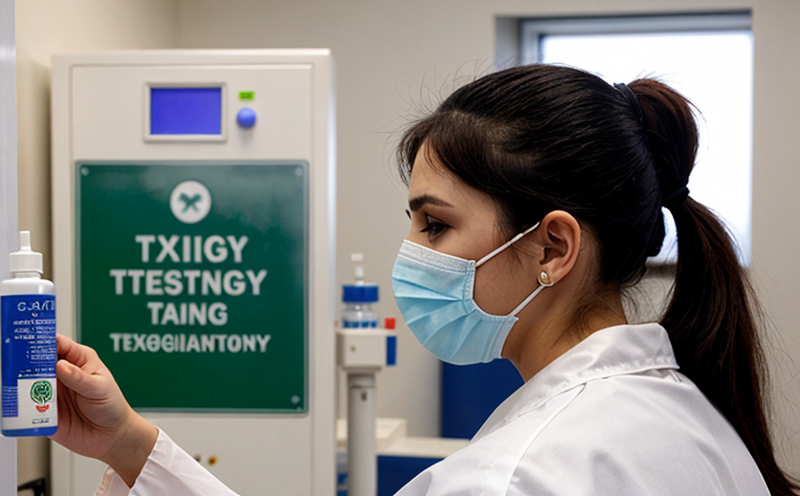Organ Toxicity Liver Enzyme Profiling Testing
The Organ Toxicity Liver Enzyme Profiling Test is a critical component in pharmaceutical development, designed to assess the potential impact of new drug candidates on liver function. This test evaluates the activity and expression levels of various liver enzymes, which are crucial for metabolizing drugs and other xenobiotics within the body.
Understanding how these enzymes behave under stress conditions helps identify compounds that may lead to hepatotoxicity—damage to the liver. The test is particularly important in early-stage drug development when safety profiles need to be established before proceeding to more extensive clinical trials.
The procedure involves exposing cultured hepatocytes or primary hepatocyte cultures to the compound of interest under controlled conditions. Following exposure, samples are collected and analyzed for changes in enzyme activity using validated biochemical assays. Key enzymes targeted include alanine transaminase (ALT), aspartate transaminase (AST), lactate dehydrogenase (LDH), and others.
These analyses provide insights into not only direct toxicity but also indirect effects on cellular integrity, mitochondrial function, and overall metabolic health. By identifying early signs of liver strain or damage, this test aids in refining drug formulations to minimize risks associated with hepatic injury.
The importance of this testing cannot be overstated given that up to 40% of all investigational drugs fail during clinical trials due to safety issues, many stemming from hepatotoxicity concerns. Early detection through thorough preclinical evaluation can significantly reduce these failures and accelerate the development process for safer medicines.
For instance, certain drugs known to cause liver damage have been withdrawn from market shelves after causing severe adverse reactions in patients. Such instances underscore why rigorous testing like Organ Toxicity Liver Enzyme Profiling is indispensable throughout drug discovery stages.
Why Choose This Test
- Provides early detection of potential hepatotoxic effects, reducing the risk of costly late-stage failures.
- Saves time and resources by allowing modifications to be made earlier in development cycles.
- Meets regulatory requirements set forth by organizations such as FDA, EMA, and others globally.
Eurolab Advantages
Eurolab stands at the forefront of pharmaceutical testing services, offering unparalleled expertise in Organ Toxicity Liver Enzyme Profiling. Our team comprises highly skilled scientists and technicians who possess extensive experience across multiple disciplines relevant to this field.
We utilize state-of-the-art equipment and methodologies compliant with international standards like ISO 17025 for quality assurance and reliability. This ensures that our results are accurate, reproducible, and widely accepted within the scientific community.
Our commitment extends beyond just compliance; we prioritize innovation and continuous improvement in testing techniques to stay ahead of industry trends and regulatory expectations. By partnering with Eurolab, clients benefit from access to cutting-edge technology combined with personalized service tailored specifically to their unique needs.
Environmental and Sustainability Contributions
- Educating industry stakeholders about the importance of environmental stewardship in pharmaceutical R&D.
- Reducing waste through efficient sample preparation processes that minimize unnecessary chemical usage.
The Organ Toxicity Liver Enzyme Profiling Test plays a vital role in promoting sustainable practices within the pharmaceutical sector. By ensuring only safe and effective compounds advance into later stages of development, we help reduce the likelihood of releasing harmful substances into the environment. Additionally, our rigorous testing protocols encourage manufacturers to adopt greener approaches during formulation design.





